Recent Articles
Popular Makes
Body Types
Let's Understand Leasing
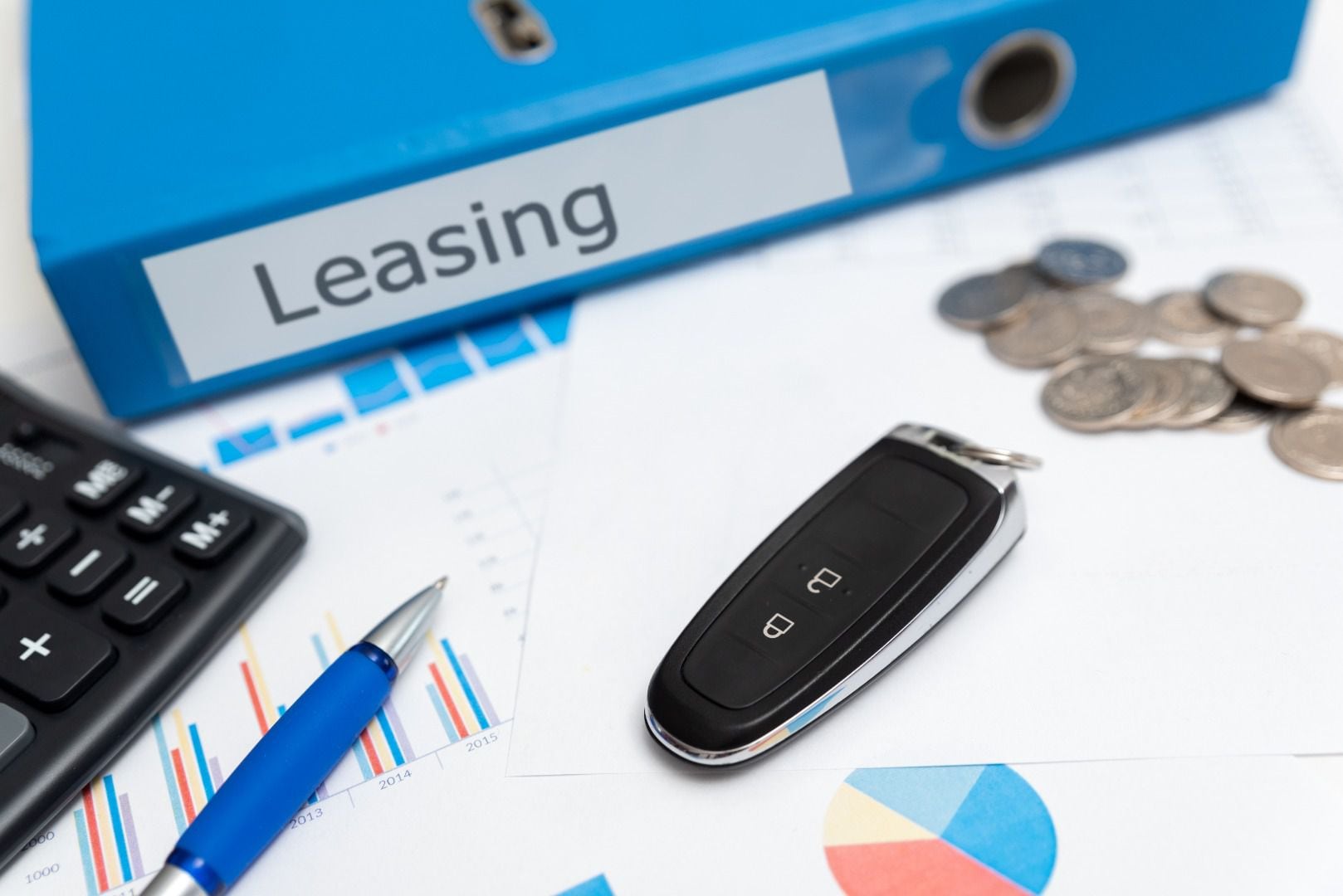
Vehicle leasing ・ Photo by Adobe Stock
While buying a car is a well-understood, leasing a car isn’t. Vehicle leasing has been around for decades, yet even people who have leased vehicle after vehicle might not understand the details of the transactions they have made. They just know that they have a payment to make every month and that after their lease is complete (most often after 36 months) they will get the privilege of shopping for a new car.
If they are happy and they can make the payments, maybe that is all they need to know. But if you want to make certain a car lease is the best choice for your individual situation, there are things you should know about leasing that many car shoppers simply haven’t taken the time to learn. Here they are.
What Is a Lease?
A lease is a contract between the owner of something (house, apartment, or car, for example) and a person who agrees to pay for the use of that something for a specified period of time. In the case of an auto lease, the owner of the car (the lessor) is typically a financial institution, while the person who wants to use that vehicle (the lessee) is typically an individual. This is obviously different from a purchase in which the individual buys a car often using an auto loan to finance the deal.
In an auto lease, the lessee is paying for the use of the car for a specified period of time with specific conditions that include insurance coverage, total miles driven, and wear and tear on the vehicle. Because both an auto-loan-financed purchase and a lease involve an initial payment and a series of monthly payments, they are often compared — but they are not the same.

Photo by Seventyfour - stock.adobe.com
Who Should Lease
In a lease, you are acquiring and paying for the use of a vehicle for a specific period of time, most typically for a period much shorter than the vehicle’s useful life.
So if you feel you want to obtain a new car every two or three years, leasing cars for your preferred period of time might be a good tactic for you. You can assure yourself you will have a car with the latest safety equipment and that it will always be covered by a manufacturer's warranty. If you obtain a lease that is subsidized by the vehicle manufacturer, it could also be a very good all-around financial transaction for you. If, on the other hand, you don’t care if you have a new car every three years and you want to limit the amount you spend on transportation, you might be better off to buy a car and keep it for a longer period of time.

Photo by kodt - stock.adobe.com
Leasing Advantages
Leasing continues to represent a significant portion of the overall retail car market, so millions of car buyers find leasing to be their preferred option. Why? Leasing offers several advantages.
The most compelling is the monthly payment. Why? Because when you lease you are only paying for the use of that vehicle over a small portion of its useful life. When you buy it, you are buying ALL of its useful life. But if you only want to have use of that car for three years before you obtain another, you don’t care about the rest of its useful life. You might also obtain the lease with no upfront payment, while a purchase typically requires a sizable down payment.
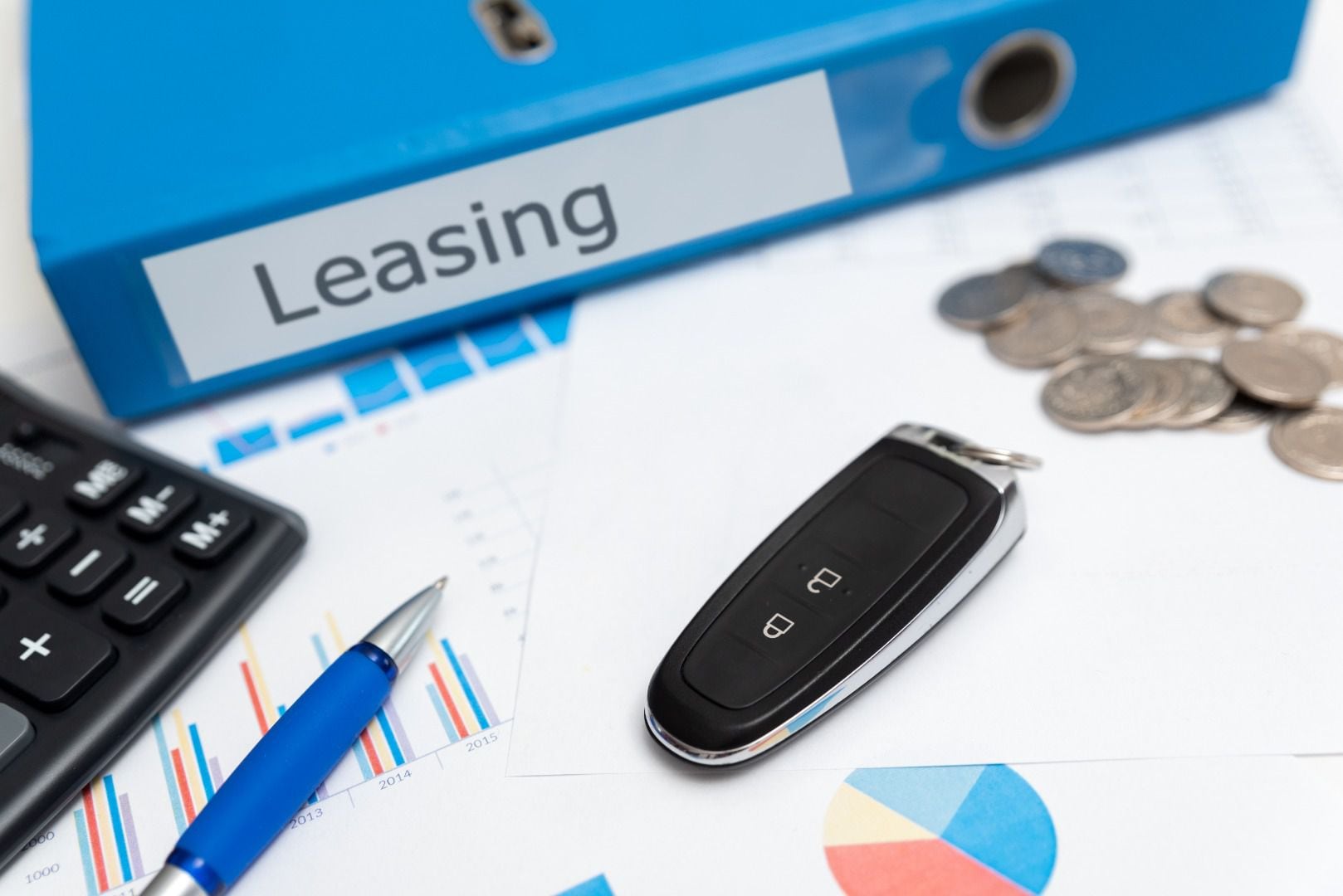
Photo by Adobe Stock
Leasing Disadvantages
The disadvantages of leasing are the result of the fact you don’t own the vehicle. As you’d guess, the owner of the vehicle will require you by contract to maintain the vehicle well, to carry a certain level auto insurance and to refrain from driving it more than a specified number of miles — most often 12,000 miles a year or a total 36,000 miles over the course of the typical three-year loan. If you exceed the mileage agreed upon in the lease contract, you will be required to pay a penalty of a specified amount for each mile, and that can add up to a significant cost.
In addition, lessees can’t modify the car and must return it in good condition with some allowance by the lessor for normal wear and tear. The key disadvantage of a lease for those who are interested in the lowest transportation cost is the fact that a lessee never builds equity (ownership) of a vehicle. Lessees never “pay off their car.” They will always make monthly payments.
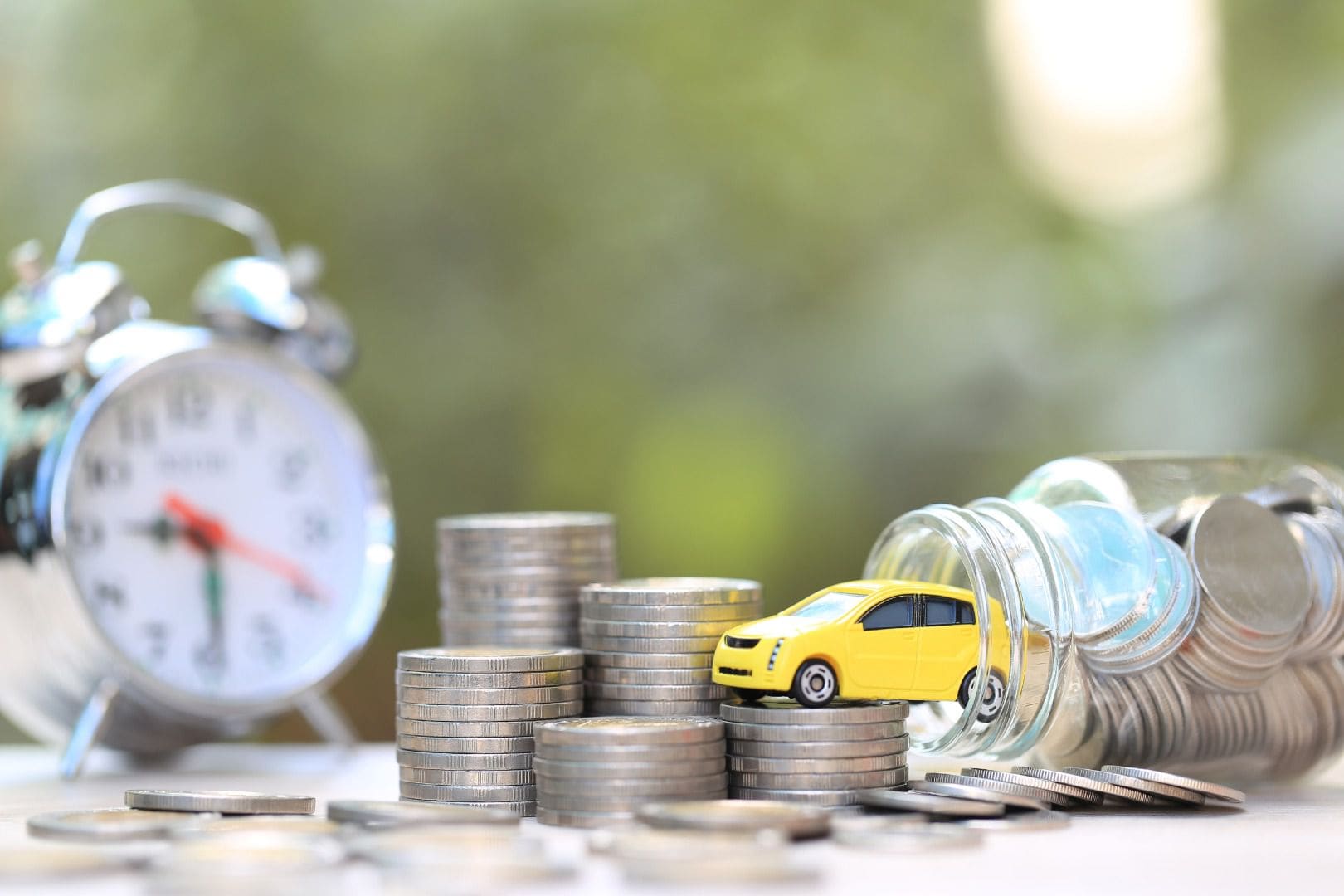
Photo by Monthira - stock.adobe.com
The Lease Deal
Leases are often — erroneously — described as “paying for a car’s depreciation” over the span of the lease. In other words, you as the lessee pay for the amount the car loses in value during the time you have it. That depreciation is the difference between the amount the financial institution paid to buy the car so you could lease it and the amount the vehicle will be worth at the conclusion of the lease.
The first number — the acquisition cost — is known as the capitalized cost or “cap cost,” and the latter number — the amount the car is predicted to be worth at the end of the lease is called the residual value or the “residual.” But there is another cost as well — the finance cost associated with the lease. Like most loans, it has an associated interest rate, but it is not typically expressed as an interest rate, but instead, it is embedded in a term known as the “lease rate” or the “money factor.”

Photo by wutzkoh - stock.adobe.com
Dissecting the Deal
Because lease terms are unfamiliar to many consumers, they are not astute negotiators when it comes to working out a lease. For example, many don’t understand that the consumer can negotiate on the capitalized or cap cost just as they would negotiate the purchase price of a vehicle they are buying. If the cap cost goes down, all other things being equal, the monthly payment should go down as well.
Further, the lease rate/money factor might mask a higher-than-necessary interest rate. Again, consumers might not realize there is room to negotiate on that. A lower interest rate will equate to a lower monthly payment. Many lease customers don’t negotiate at all. They simply accept the acquisition payment and monthly payment as it is offered to them by the salesperson.

Photo by Adobe Stock
Terms of Importance
While some parameters of a lease deal are negotiable, the residual value typically is not. It is set after consultation with a third-party authority on the subject whose judgment the finance company trusts. But the residual value could be important to you if you would like to purchase the vehicle you have been leasing when the lease concludes. In the typical “closed-end” lease, you contractually have the right to purchase the vehicle for the predetermined residual value.
Another important factor is the concept of “gap insurance.” Gap insurance is intended to cover the difference (“gap”) between the amount owed on your lease contract and the car’s actual cash value if it is “totaled” — destroyed or stolen. Most lease contracts either require gap coverage or include it in the overall cost of the lease.
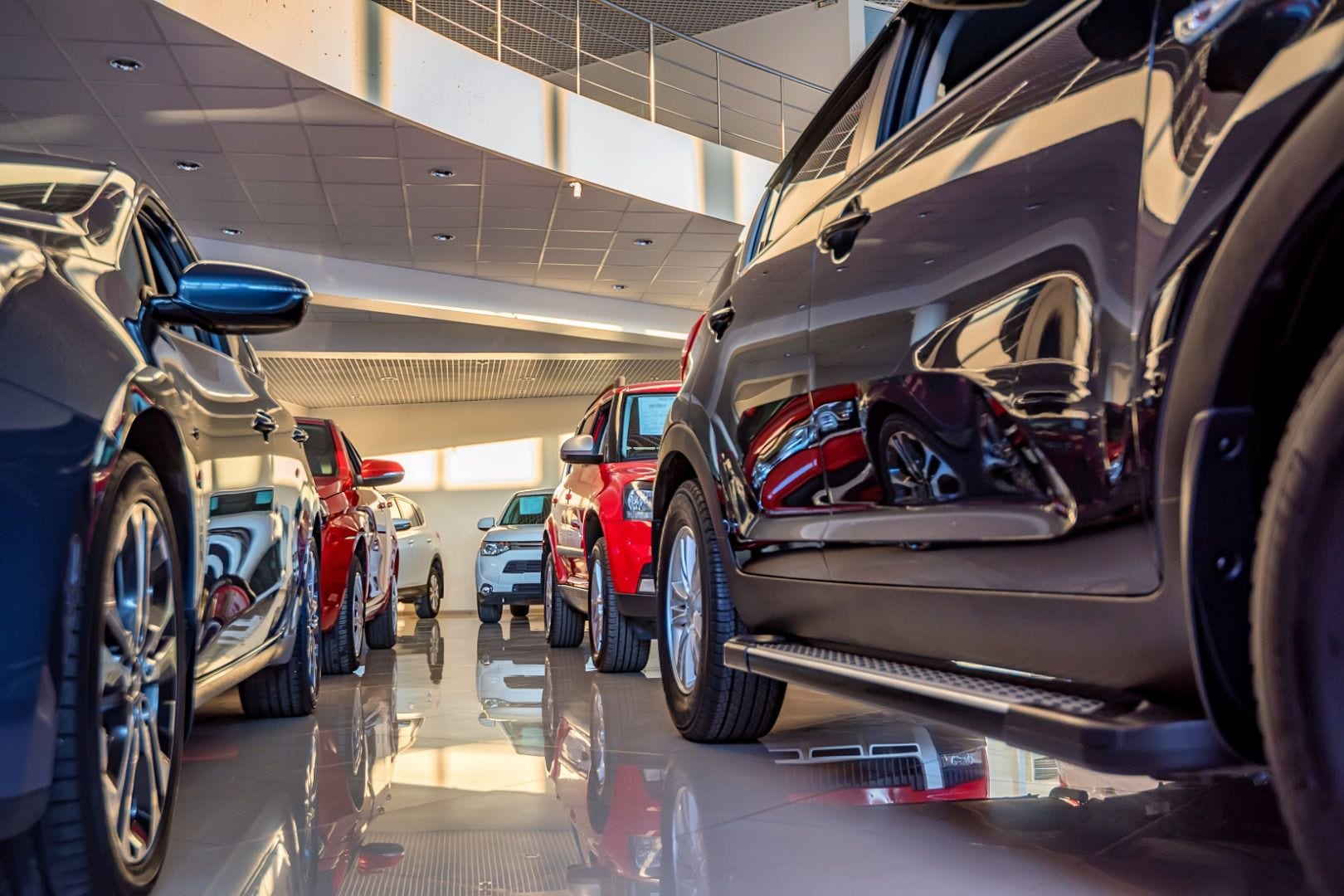
Photo by Yakov - stock.adobe.com
Mileage Matters
As we have mentioned, when you lease a car, it is not your car and the company financing the lease expects at a specific point in the future — the end of the lease — it will take possession of that vehicle and sell it. Because the lease company wants to get as much for that vehicle as possible, the lease requires that the lessee maintain the car in good condition and, importantly, limit the miles they put on it.
Going over that contractually specified mileage is expensive. For instance, many lessors charge $0.15 for each “excess mile.” “Wear and tear” is an even trickier factor to figure out because, unlike mileage, there are no objective parameters on what constitutes “normal wear and tear.” Our suggestion is to keep your car looking good and make certain you have the required maintenance performed as suggested by the manufacturer. Keep records of it, too.
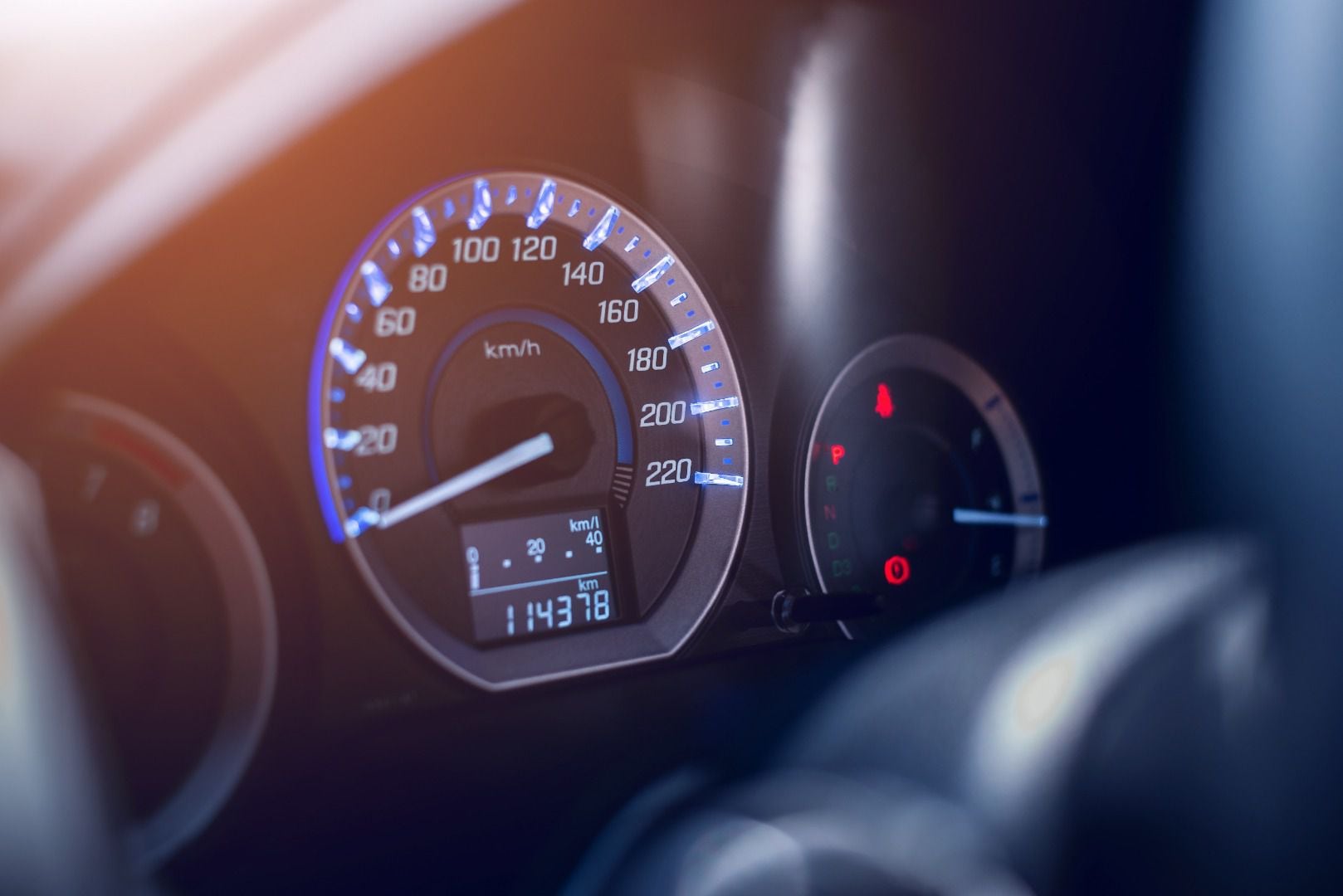
Photo by Songwut Pinyo - stock.adobe.com
Summing Up Leasing
Auto leasing isn’t for everyone, but it does have several advantages. For a monthly payment that might only enable you to purchase a small economy car, you might be able to lease a larger, more expensive vehicle. When you lease, you’ll be able to “swap” vehicles at the conclusion of each lease largely hassle-free, getting into a brand-new vehicle that is equipped with the latest safety, infotainment, and driver-assistance features.
There is certainly a lot to like about the opportunity to upgrade into a new vehicle on a frequent basis. And there is no doubt that each year cars get better and better and better. While you do pay for this convenience when you lease, to millions of Americans the advantages are worth it. Maybe you are among them — or will be.
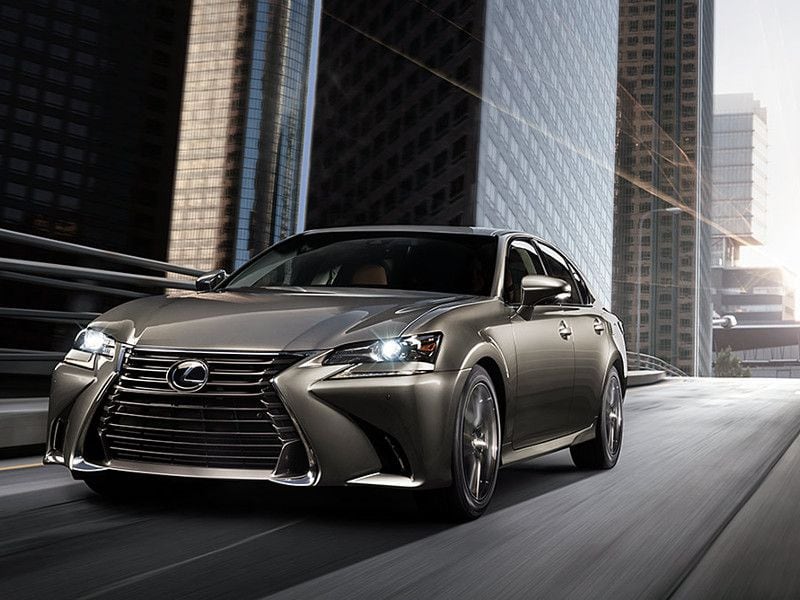
Photo by Lexus